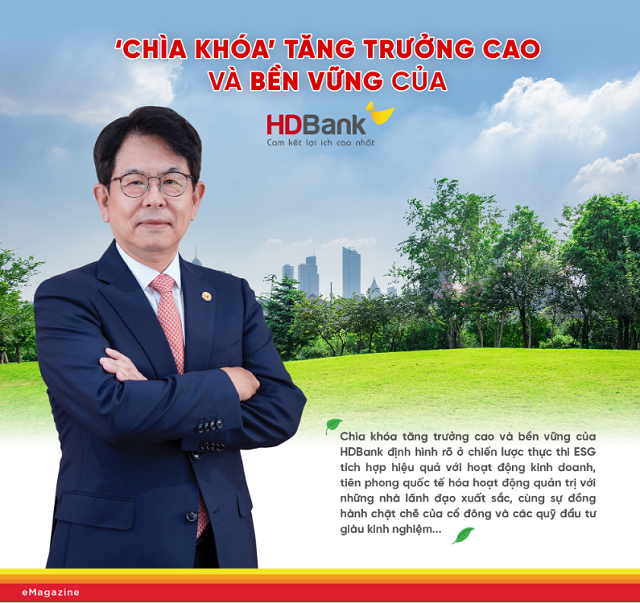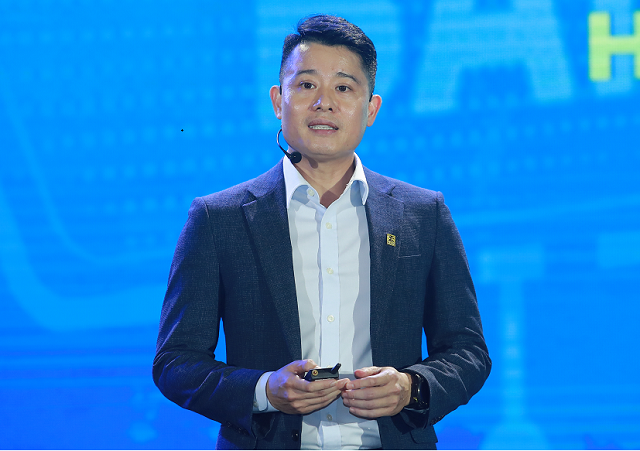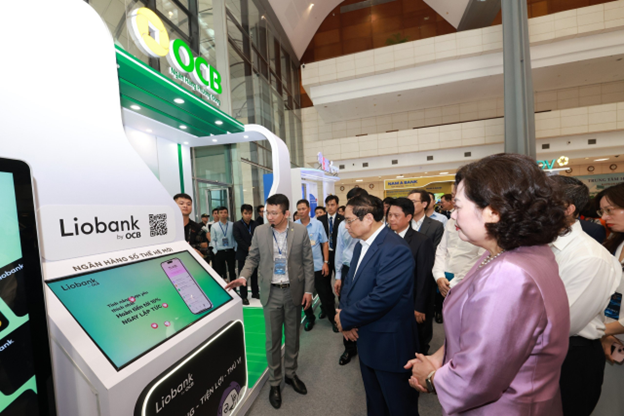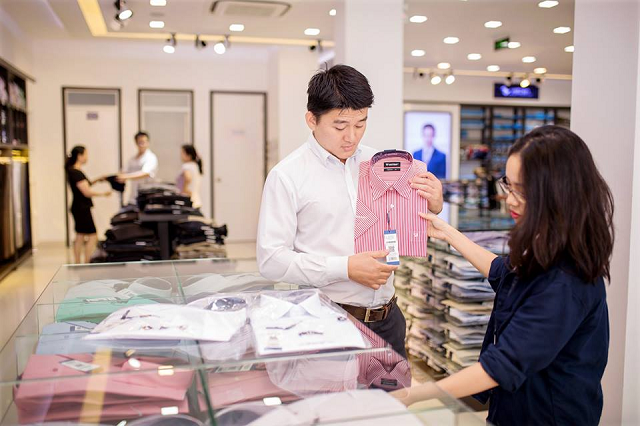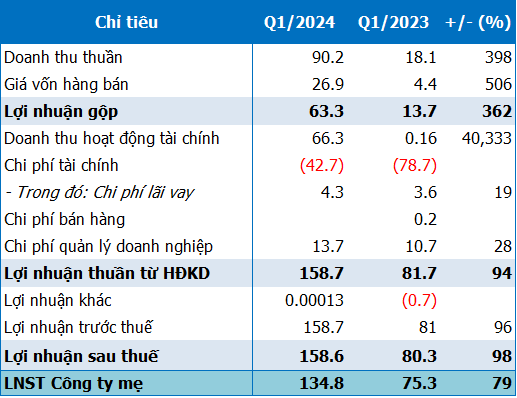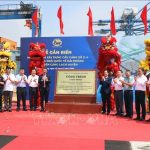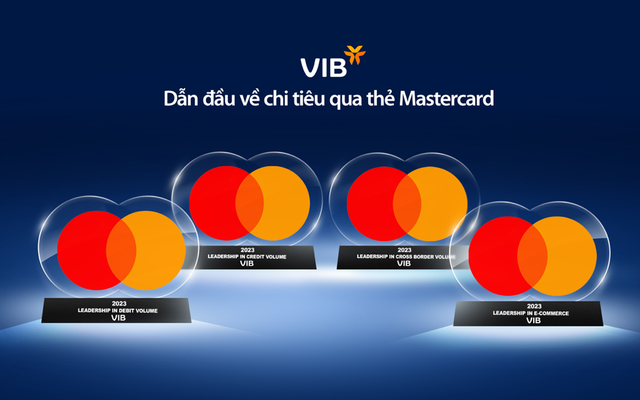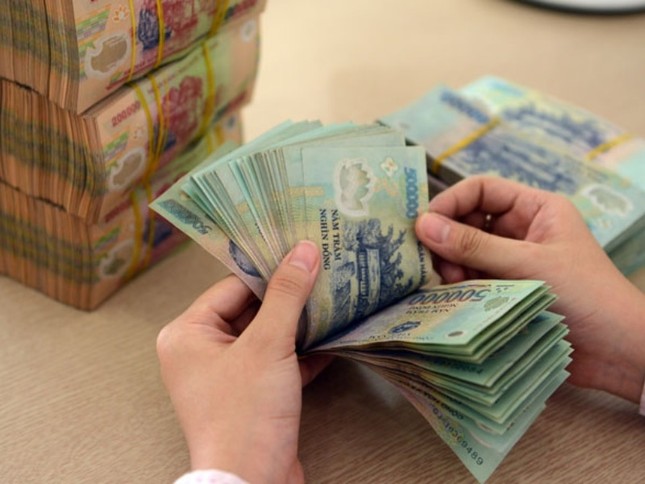Sharing about the process of implementing ESG standards in Vietnam, Mr. Alexander Koch stated that up to now, the company has used renewable biomass energy for all 6 breweries. 100% of the electricity used in Heineken’s production is ensured by Energy Attribute Certificates purchased from certified suppliers in Vietnam. Notably, all 6 Heineken breweries have stopped landfills.
“Aiming for zero emissions and promoting circular economy, Heineken is collaborating with partners to implement water conservation activities in Vietnam’s key river basins, including the Red River, Dong Nai River, and Mekong River. At the same time, we continue to explore more comprehensive renewable energy solutions, such as Direct Corporate Power Purchase Agreements (DPPA) and solar energy systems,” said Mr. Alexander Koch.
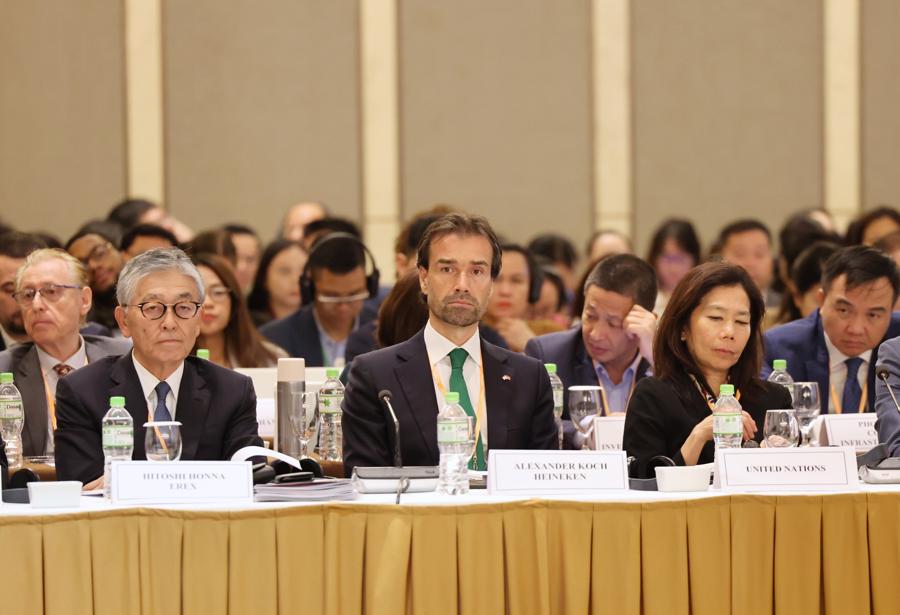
However, the representative of Heineken also pointed out several limitations in accessing renewable energy sources, which require strong guidance from the Government.
First, the issuance of mechanisms for Direct Corporate Power Purchase Agreements (DPPA) has been delayed for 4 years. In fact, in Europe, the Power Purchase Agreement (PPA) is the standard mechanism that allows Heineken to use renewable energy in production in EU and Africa markets, but in Vietnam, relevant ministries are hesitant about this mechanism.
Second, there are still challenges in installing rooftop solar power systems. For example, there are limits on maximum capacity, no recording of electricity output, and no payment when connected to the national power grid, as well as unclear and inconsistent procedures at each locality.
Third is the challenges in water circulation efforts. Mr. Alexander Koch stated that all Heineken breweries in Vietnam have installed A-standard wastewater treatment systems. However, regulations and incentives for reusing this water resource are still unclear and specific.
“Therefore, all of us – at both national and corporate levels – have not yet been able to optimize the benefits of this. Meanwhile, in Europe, there is a standard process for businesses to reuse treated wastewater in their operations, or even share this water with other businesses in the same industrial park,” emphasized the Heineken representative.
Fourth, thanks to the issuance of the “EPR Mechanism – Extended Producer Responsibility”, the application of circular economy in Vietnam will be expanded. However, this desire may still be hampered when the recycling infrastructure in Vietnam is not yet complete and ready.
The General Director of Heineken Vietnam believes that these factors could make Vietnam lose its attractiveness to FDI capital. If it can leverage the potential of the renewable energy market and circular economy, Vietnam can leap to become the leading economic center in the region.





















